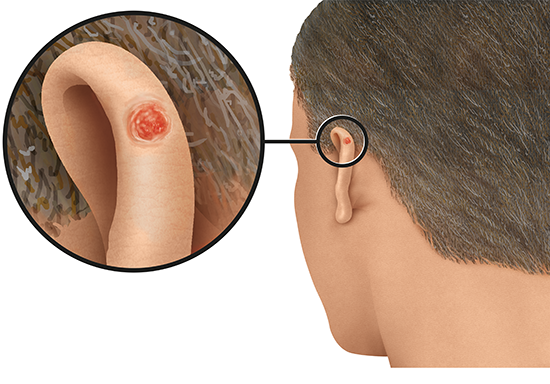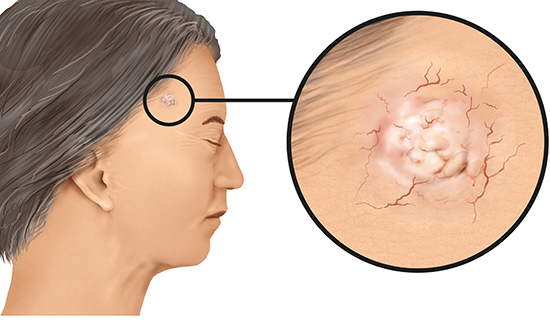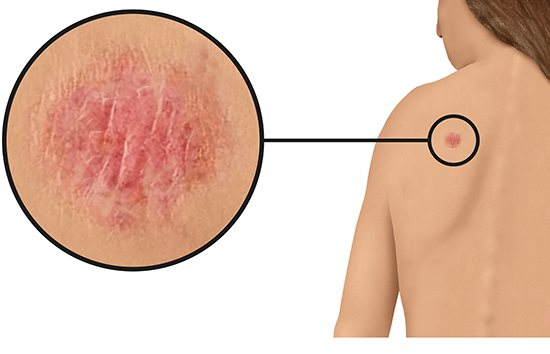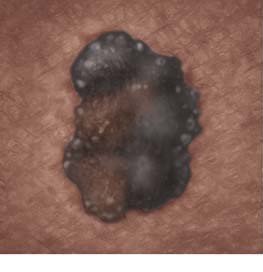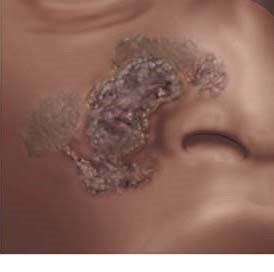Arbeitsgemeinschaft der Wissenschaftlichen Medizinischen Fachgesellschaften (AWMF), Deutsche Krebsgesellschaft (DKG), Deutsche Krebshilfe (DKH). Diagnostik, Therapie und Nachsorge des Melanoms (S3-Leitlinie, in Überarbeitung). AWMF-Registernr.: 032-024OL. 2020.
Bendick C. Besonderheiten der nichtweißen Haut. In: Braun-Falco's Dermatologie, Venerologie und Allergologie. Berlin: Springer; 2017.
Bundesamt für Strahlenschutz (BfS). Optical radiation: Legal regulations for sunbeds. 2022.
Dadzie OE, Petit A, Alexis AF. Ethnic Dermatology: Principles and Practice. Hoboken: Wiley-Blackwell; 2013.
Dellavalle R. Skin cancer, moles, and actinic keratosis. In: Williams H, Bigby M, Herxheimer A et al. (Ed). Edvidence-based dermatology. London: BMJ Books; 2014. P. 223-319.
Deutsche Krebsgesellschaft (DKG), Deutsche Krebshilfe (DKH), Arbeitsgemeinschaft der Wissenschaftlichen Medizinischen Fachgesellschaften (AWMF). Aktinische Keratose und Plattenepithelkarzinom der Haut (S3-Leitlinie). AWMF-Registernr: 032-022OL. 2020.
Gemeinsamer Bundesausschuss (G-BA). Hautkrebsscreening. Zusammenfassende Dokumentation des Unterausschusses „Prävention“ des Gemeinsamen Bundesausschusses. 2008.
Gloster HM, Neal K. Skin cancer in skin of color. J Am Acad Dermatol 2006; 55(5): 741-760; quiz 761-744.
Hogue L, Harvey VM. Basal Cell Carcinoma, Squamous Cell Carcinoma, and Cutaneous Melanoma in Skin of Color Patients. Dermatol Clin 2019; 37(4): 519-526.
Jackson BA. Nonmelanoma skin cancer in persons of color. Semin Cutan Med Surg 2009; 28(2): 93-95.
Robert Koch-Institut (RKI), Gesellschaft der epidemiologischen Krebsregister in Deutschland (GEKID). Krebs in Deutschland für 2017/2018. 2021.
IQWiG health information is written with the aim of helping people understand the advantages and disadvantages of the main treatment options and health care services.
Because IQWiG is a German institute, some of the information provided here is specific to the German health care system. The suitability of any of the described options in an individual case can be determined by talking to a doctor. informedhealth.org can provide support for talks with doctors and other medical professionals, but cannot replace them. We do not offer individual consultations.
Our information is based on the results of good-quality studies. It is written by a team of health care professionals, scientists and editors, and reviewed by external experts. You can find a detailed description of how our health information is produced and updated in our methods.

